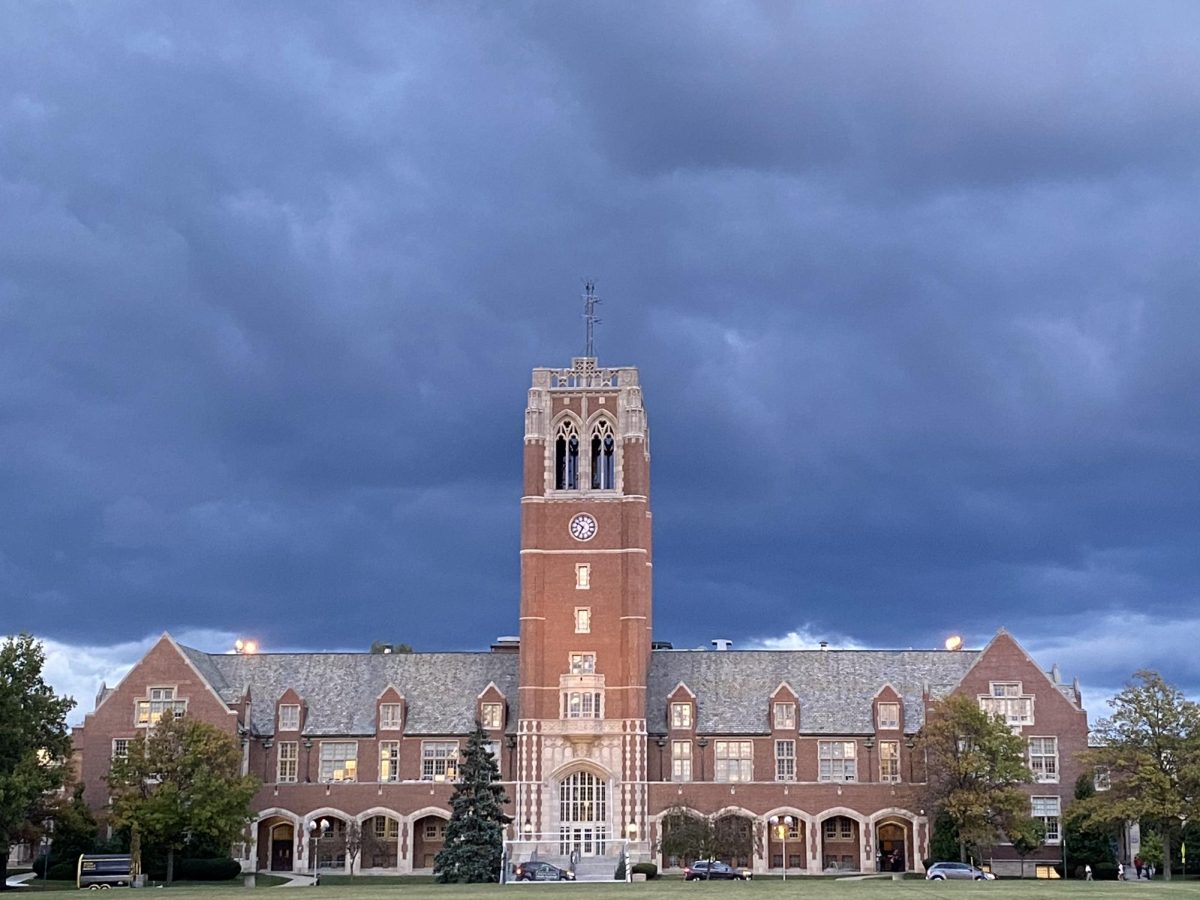Both in this column and everyday life, I have spent a lot of time gushing about the power of fiction. It allows human beings to communicate through whatever means possible in a writer’s wildest imagination. Stories provide people with the knowledge that they are not alone, that other people have felt their struggles and have made it through. They give us new perspectives on universal human experiences. As a writer and a storyteller, I can only hope that the stories I create will reach people in the ways that countless stories have reached me. I firmly believe that fiction is magic in a literal sense.
Lately, though, I’ve started wondering about how much I’ve invested myself into fiction. I’ve loved, cried, gasped in shock, screamed in anger, all in response to events that are not even real. These reactions mark an invested audience in a well-told story, but they can also be emblematic of something larger within my mind.
I don’t want to discount the power of fiction, but I find myself crying more at character deaths than I do at real tragedies. I spend more time with protagonists than I do with my family. In the aftermath of significant events, I don’t think about the real-world consequences. I think about the possibility of turning it into a story. Stories are an important part of our culture and our lives, but it should never come at the cost of reality. I love writing, but it shouldn’t interfere with my own life experiences.
This crisis was brought upon by the series finale of the reality-comedy series “Nathan For You.” The 84-minute episode follows the story of host Nathan Fielder helping his aging friend to find the long-lost love of his life. Without spoiling too much about this wonderful piece of television, I will say what I need to for the sake of this article: it contained an incredibly unique, unexpected and emotionally impactful conclusion. While watching, I realized something. It was so impactful because it was real.
I’m not saying I was invested because of the real long-term ramifications of the episode’s events— I’ve been far more invested in the consequences of stories in fictional worlds. No, the reason the episode managed to grip me so deeply was because of how genuine it was. The people didn’t act the way the writers wanted them to act, they didn’t speak with carefully planned dialogue; they were real people. That’s why I’m shaken to my core.
I realized that if I continue to live my life obsessing over every piece of fiction I can find, I’ll miss out on the beautiful stories in my everyday life; the small moments, the big ones and everything in between. I can’t continue to track the intricate progression of character development because that stops me from noticing the real connections being made between humans every minute of every day.
Who knows, maybe in a few weeks I’ll have completely forgotten this little revelation of mine. But right now, it’s something I can’t stop thinking about. I love fiction, I don’t plan to stop loving it. But it can’t be the center of my life anymore. I need to center my life around the only thing that really matters: life.



